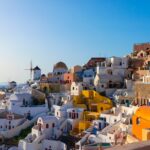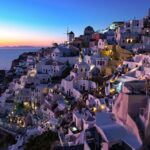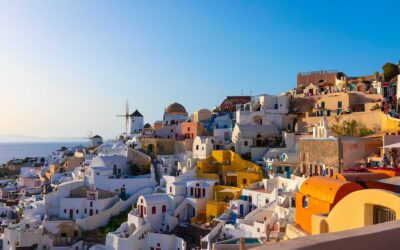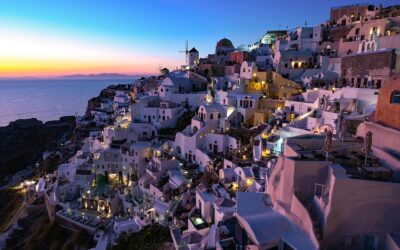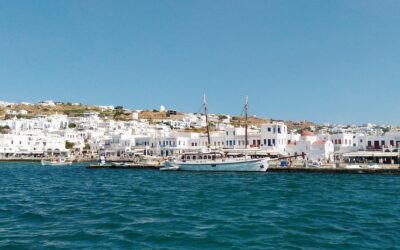
The rich tapestry of Greek history, renowned for its monumental contributions to art, philosophy, and democracy, is undergoing a remarkable revival into the 21st century. As Greece grapples with economic challenges and social changes, a Cultural Renaissance is emerging, rekindling interest in its artistic heritage. This renaissance not only celebrates Greece’s diverse cultural legacy but also seeks to integrate it into contemporary society.
A Historical Context
Greece’s cultural significance dates back millennia, influencing civilizations around the globe. From classical antiquity, with iconic figures like Socrates and Plato, to the artistic brilliance of the Parthenon and the vivid narrative canvas of ancient pottery, Greece has long been a cradle of creativity. However, the passage of time, wars, and economic strife have overshadowed some aspects of this immense heritage.
The Role of Modern Initiatives
In recent years, various organizations and artists have spearheaded efforts to revive Greece’s artistic traditions. Government bodies, museums, and private entities have launched initiatives aimed at preserving cultural sites, promoting traditional crafts, and integrating folklore into contemporary arts.
1. Cultural Festivals
Numerous festivals across Greece celebrate traditional music, dance, and theater. Events like the Athens Epidaurus Festival showcase ancient Greek dramas, attracting thousands of locals and tourists. These festivals not only honor historical works but also foster new interpretations, allowing contemporary artists to explore timeless themes through modern lenses.
2. Artistic Collaborations
Collaborations between traditional artisans and contemporary artists have given rise to innovative works that blend the old with the new. Initiatives such as the “Athens Biennale” encourage dialogue among different artistic disciplines, while exhibitions in key locations highlight Greece’s historical influences in modern practices.
3. Preservation of Heritage Sites
Efforts to restore and maintain historical sites have gained momentum. Projects focus on not only preserving but also enhancing visitor experiences through educational programs. The Acropolis Museum, for instance, serves as a modern gateway to understanding the ancient world, with exhibitions that connect the past to the present.
Incorporating Cultural Heritage into Modern Life
The revival of Greece’s artistic heritage is not confined to the past; it is actively influencing modern Greek identity. This artistic resurgence finds expression in various contemporary mediums, including visual arts, music, fashion, and culinary traditions.
1. Visual Arts
Emerging Greek artists often draw inspiration from classical mythology and historical narratives. The use of traditional motifs and techniques in modern artworks reflects a deep connection to heritage while pushing boundaries. Galleries in urban centers showcase these dynamic works, challenging perceptions and stimulating conversations about identity and culture.
2. Music and Performing Arts
A renewed interest in traditional Greek music and dance is evident in both local and international stages. Fusion genres that blend folk traditions with contemporary styles resonate with younger audiences. Musicians are reclaiming traditional instruments and motifs, crafting new sounds that are rooted in cultural history.
3. Culinary Arts
Greek cuisine is also experiencing a renaissance, merging local ingredients with time-honored recipes and modern techniques. Chefs are increasingly focusing on traditional dishes, reinterpreting them with innovative twists while emphasizing sustainability and local sourcing. Culinary festivals celebrate this revival, showcasing regional specialties and promoting Greece’s gastronomic heritage.
Challenges Ahead
Despite these promising developments, challenges remain. Economic difficulties continue to pose threats to cultural institutions, and navigating the balance between tourism and preservation is critical. Finding sustainable funding and resources for ongoing projects is essential for nurturing this cultural renaissance.
Conclusion
Greece’s Cultural Renaissance represents a profound appreciation for its artistic heritage and a commitment to weaving it into the fabric of modern life. As the nation embraces its history, it does so with a forward-looking vision that celebrates creativity in all its forms. This revival not only enriches the Greek cultural landscape but also offers valuable lessons about resilience, identity, and the enduring power of art. With each brushstroke, note, and dance step, Greece is not just revisiting its past but revitalizing it for future generations to cherish and explore.

